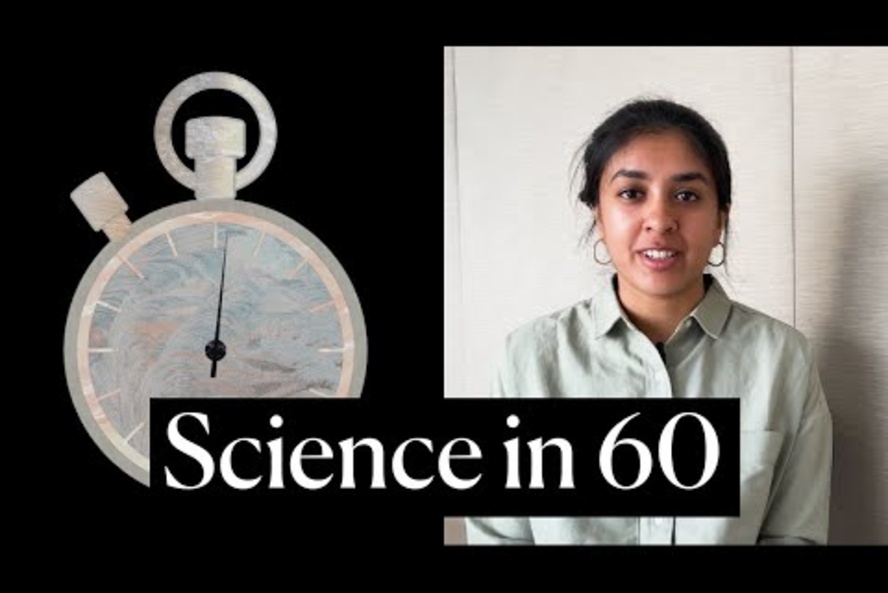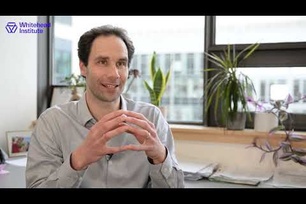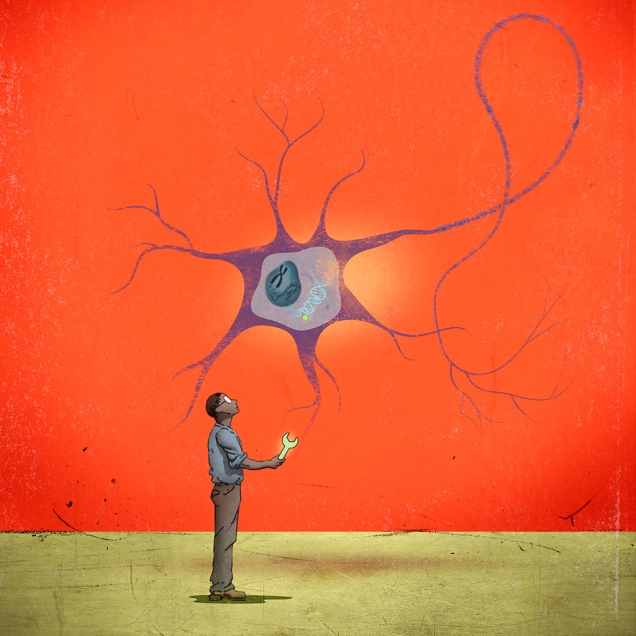News
Filter by:
Trending series
Whitehead Institute researchers are making discoveries that are helping us rethink what we know about the brain and paving the way for therapies to treat some of the most challenging brain disorders and diseases.
Researchers at Whitehead Institute are breathing new life into the study of rejuvenation, the ability of cells to repair and replenish tissues — and potentially learning how to slow or reverse the changes our cells experience over time.
Whitehead Institute is dedicated to training the next generation of scientists, especially postdocs. Get to know a few of these remarkable scientists through these profiles.
Whitehead Institute scientists work to combat climate change.









